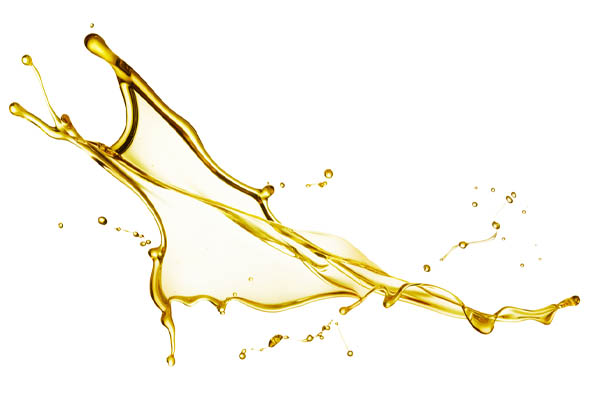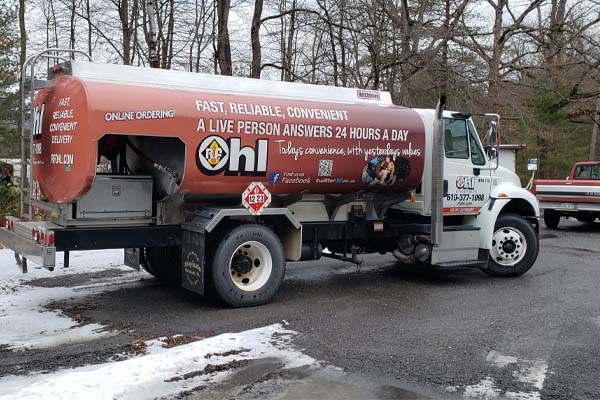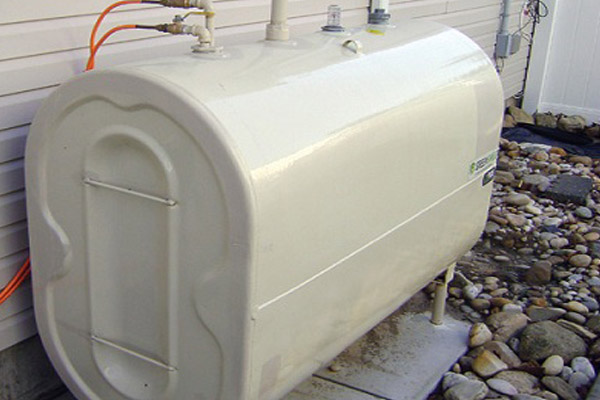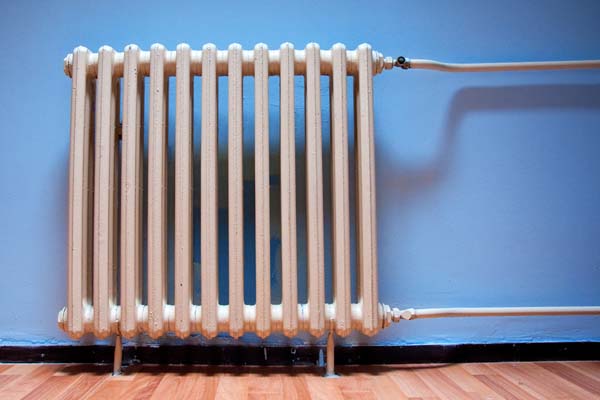What Do Heating Oil Additives Do?
 Around 5.5 million Americans, 81% of which live in the Northeast, order heating oil for home heating. For homes that use oil, homeowners likely know how to maintain their oil tanks. However, you may be wondering how you can extend your oil tank’s lifespan. You may already be using heating oil additives or have heard of them. If so, you may be thinking about what exactly additives do. This article includes answers to both questions and everything you need to know about additives.
Around 5.5 million Americans, 81% of which live in the Northeast, order heating oil for home heating. For homes that use oil, homeowners likely know how to maintain their oil tanks. However, you may be wondering how you can extend your oil tank’s lifespan. You may already be using heating oil additives or have heard of them. If so, you may be thinking about what exactly additives do. This article includes answers to both questions and everything you need to know about additives.
Types of Heating Oil Additives
Heating oil additives are chemicals that assist in the betterment of the efficiency of the tank’s ignition. Adding additives to the fuel changes the specifications of the fuel, including its thickness and the temperature it needs for spark creation.
There are four main types of heating oil additives:
- Water controller – This type is used to control excess water in your tank.
- Biocides – This additive helps in treating the tank’s microbial growth.
- Stabilizers – As the name suggests, this additive stabilizes the fuel from outdoor environmental factors, such as antioxidants.
- Line and oil nozzle cleaners – This additive cleans the fuel delivery pipe where the oil travels from the tank to the burners. They clean the accumulated sludge on the tank’s base as well.
Related Article: How to Read Your Heating Oil Tank Gauge
What Are Fuel Oil Additives Used For?

What do home heating oil additives do? Let us first take a peek at why we need additives. Refined crude oil is used as fuel in our homes. There have been many changes in the crude oil refining process in the previous decades to cater to environmental factors and the need for low-sulfur diesel.
This change has resulted in the fuel becoming less stable and having high carbon residues. The chemical composition of additives has been upgraded to help with this change and improve the characteristics of your fuel. If you experience any of the issues listed below, you can take advantage of using heating oil additives:
- Oil tank freezing
- Sludge buildups
- High consumption costs
- Clogged fuel lines
How Fuel Oil Additives Work
The characteristics of oil change when it goes through the refining process. It also causes impurities, such as soot, dirt, and water droplets, to appear. Impurities can mess with your oil tank as it causes your system to become less efficient. The more impurities there are, the less efficient the system is.
Additives help remove impurities, so your system is back in its efficient state. Additives can emulsify droplets of water, preventing bacteria from growing. The chemical makeup of additives also means they can break down soot or dirt, so they can pass through the filter without clogging it. They can also shrink contaminants so that they can be burned off and obliterated from your system.
Related Article: Best Ways To Maintain Your Hydronic Heating System
Common Problems That Additives Fix

If you are wondering if heating oil additives are worth it, here are several issues you may have and explanations of how additives help resolve them:
Clogged Burner Nozzle
If carbon or other chemical components have accumulated, your tank may have a clogged burner nozzle. This prevents your tank from combusting fuel efficiently because its oil spray needs the burner nozzle.
Most additives are equipped with cleaning components that allow them to dissolve chemical buildups. This lets the burner nozzle be efficient once more.
Related Article: What To Look For In A New Oil Boiler For Your Home
Excess Oil Tank Condensation
If the tank has excess oil tank condensation, its internal components may become rusty. It can also lead to the growth of bacteria. Additives can emulsify water droplets, so bacterial growth is prevented.
If there are large water quantities in your system, other additives are available, and they can eliminate them. This helps keep rust at bay and from developing into larger problems.
Heating Oil Gelling

If the oil in your tank gels up, it is highly likely caused by low temperatures. The oil cannot flow smoothly through the tank when this occurs. It also causes problems with the tank’s filters, nozzle, and delivery line.
Anti-gelling additives help reduce the oil’s temperatures as it flows. This is extremely helpful to homes located in regions experiencing colder winters.
Oil Tank Sludge Buildup
If the tank’s base has sludge buildups, it means that the line and filters are clogged. This prevents your tank from generating as much heat as possible. It can even keep your tank from working at all.
An additive can help your heating oil dissolve the sludge or reabsorb the sludge so it can burn off over time. This allows your tank to work at optimal efficiency again.
Cons of Heating Oil Additives
The benefits of heating oil additives significantly outweigh the disadvantages. However, you should still be mindful of potential cons.
Oil additives will not eliminate all the water that may affect your system. If you use an additive but it doesn’t remove all the water you need it to, it is recommended that you call a professional instead. They can do the job properly for you. Moreover, be careful of additives with alcohol because they can lead to other issues.
If your tank is filled with a lot of sludge and you are using a line and oil nozzle cleaner for their removal, remember that it can become clogged. If this happens, call a professional to assist you so you do not cause any damage.
There is not one additive that can resolve all your tank’s issues. You may need to use several various additives to do so. This can be pricey, but it will help make your tank more efficient and your home more cost-effective down the line. Ensure that you consult a professional about all your needs so they can guide you in the right direction.
Related Article: How Much Heating Oil Will I Use A Day?
Call R.F. Ohl for Solutions to Ensuring Comfort in Your Home

For reliable and affordably-priced heating oil, call R.F. Ohl. You can count on our high-quality, discount heating oil deliveries to be fast and friendly. We also offer efficient heating solutions for your family and home. Click the link to view our service area.
The expert technicians on our team are equipped to handle any HVAC repair or maintenance. Contact us to hear about our various services. We can assist by answering your questions and concerns. For more information about our efficient HVAC services or oil deliveries, call R.F. Ohl today!
Call us today to learn more. Click here or call us at (610) 377-1098 to contact us today!
Posted in Heating Oil • Tags:
